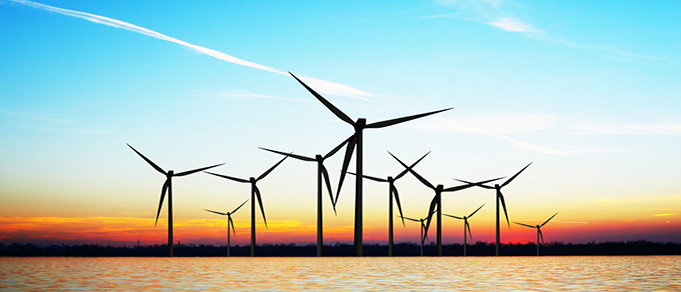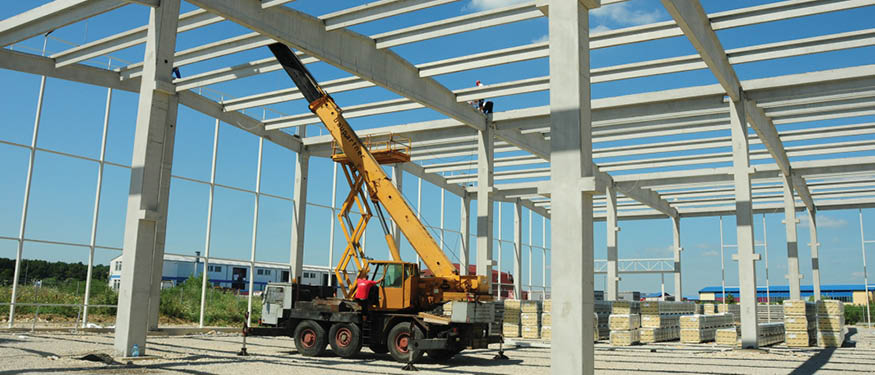TGS Baltic has successfully represented Estonia's Hiiu County Government in administrative court in three disputes regarding spatial plans providing general conditions for establishing wind farms.
Hiiu County is the smallest county in Estonia both in terms of area and population. It consists of Hiiumaa, the second largest island of Estonia, and several smaller islands near it.
According to TGS Baltic, one of the disputes "concerns a thematic spatial plan regarding land wind farm on the island itself, which is a part of the project for development wind energy in Western Estonia. The spatial plans have been disputed by local citizens, NGOs, and rural municipalities on mostly environmental grounds. So far, the dispute regarding the land wind farm has been resolved successfully for Hiiu County Government."
The other two disputes remain pending in the court of appeals, though TGS Baltic was successful on behalf of the Hiiu County Government in the courts of first instance, which found the spatial plans lawful. The disputed sea spatial plans allow the establishment of offshore wind farms in the surroundings of Hiiumaa island. According to TGS Baltic, "the planned North-Western Estonian wind farm is the first offshore wind farm in Estonia and will be one of the largest in Europe, with a capacity between 700 to 1100 MW and an expected annual turnover of EUR 170-250 million (the investment will be between EUR 1.7-2.5 billion)."
The TGS Baltic team is led by Partner Martin Tamme, who commented that: "Adopting such spatial plans is a complicated process. The government’s interest in promoting renewable energy is clear and stated in several strategic documents. Of course, there will always be people who don’t accept change and concern for the conservation nature of Hiiumaa island is understandable. At the same time the interests of both parties are now in balance. For instance, the wind turbines cannot be placed closer than 12 kilometers from the coastline so that their overall impact to the sea view is small. Also, this ruling does not mean that the wind turbines will be built tomorrow. As the planning moves forward there may be additional studies and additional restrictions. However, this ruling is a big step ahead towards Estonia’s first offshore wind farm."
Tamme is assisted by TGS Baltic Senior Associates Vitali Sipilov and Merli Maesalu.























